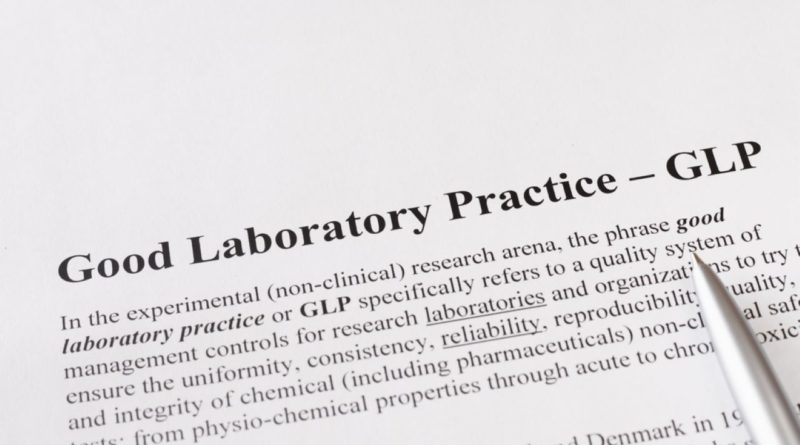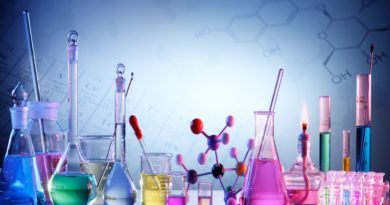Laboratory Practice Courses: Learn Good Laboratory Practice
Considering a Laboratory Practice Course?
If you are currently working in a laboratory and would like to improve your practices or wish to work in a laboratory in the future, a laboratory practice course is an excellent choice for you. Knowing good laboratory practice and having a course under your belt when wanting to work in a laboratory is incredibly important. Safety is the number one priority when it comes to this field of work. The good news is there are tons of laboratory practice courses currently available. Even better, the courses are available in full-time, part-time and evening class options, in person and online, making it so easy to fit this course into your busy schedule.
The Importance of Good Laboratory Practice
The term Good Laboratory Practice (GLP) was initially introduced in the 1970s in New Zealand and Denmark. Soon after that, it was used by the Federal Drug Administration (FDA) and the Organisation for Economic Co-operation and Development (OECD), referring to a good system of management and regulation principles or requirements in research laboratories.
Good Laboratory Practice consists of different principles that are designed to promote and ensure quality, consistency, safety, reliability and integrity of chemicals during laboratory and non-clinical testing. Nevertheless, GLP is not limited to chemicals, it also addresses food additives, food packaging, medical devices, colour additives and other various non pharmaceutical ingredients or products.
One of the primary goals is to control what scientists do and how they carry out their quality/safety testing of biochemical and chemical products in addition to in-development pharmaceuticals. Another key thing to note is that GLP aims at proving that no quality and safety data has been changed or manipulated in one way or another. It also ensures that the data and statistics that are submitted are based on the study findings and results. Only this way can they continue and make the necessary assessments effectively.
Gaining practical knowledge on GLP is essential, as it will guarantee efficacy of work and greater productivity. In addition, when we speak about the research field, maintaining 100% quality and safety is priority number one to each research organisation. Courses will help researchers to learn how to conduct their work in conformance with standardised procedures, predefined plans and operations. Upon completion of the training, you will be able to easily comply with regulations, understand the intent of official regulations and implement requirements within your company, laboratory testing and procedures.
What Will I Learn?
You will explore what good laboratory practice is, the principles of good laboratory practice and laboratory accreditation and GLP compliance. Students will learn about documentation, records and preparation, calibration of measuring equipment and measurement uncertainty. The course will teach you about quality control of laboratory tests, use of computers in the laboratory, internal quality audits and general good testing conduct. Learners will explore the handling of test items, the laboratory equipment, selection and training of staff and housekeeping and hygiene. You will also learn validation of test methods.
Career Opportunities
After completing the laboratory practice course, you can expect to be able to work in a laboratory for a variety of industries including pharmaceutical, food and much more. In addition to the career opportunities, if you enjoyed the course, there is also the opportunity to progress. You could do a level 8 or level 9 course related to science such as physics, chemistry, biology, food science and much more. Having these additional courses under your belt will greatly enhance your CV and as a result, improve your job prospects.
If you’re serious about doing a laboratory practice course, check out courses near you in the Nightcourses.co.uk national course finder.




